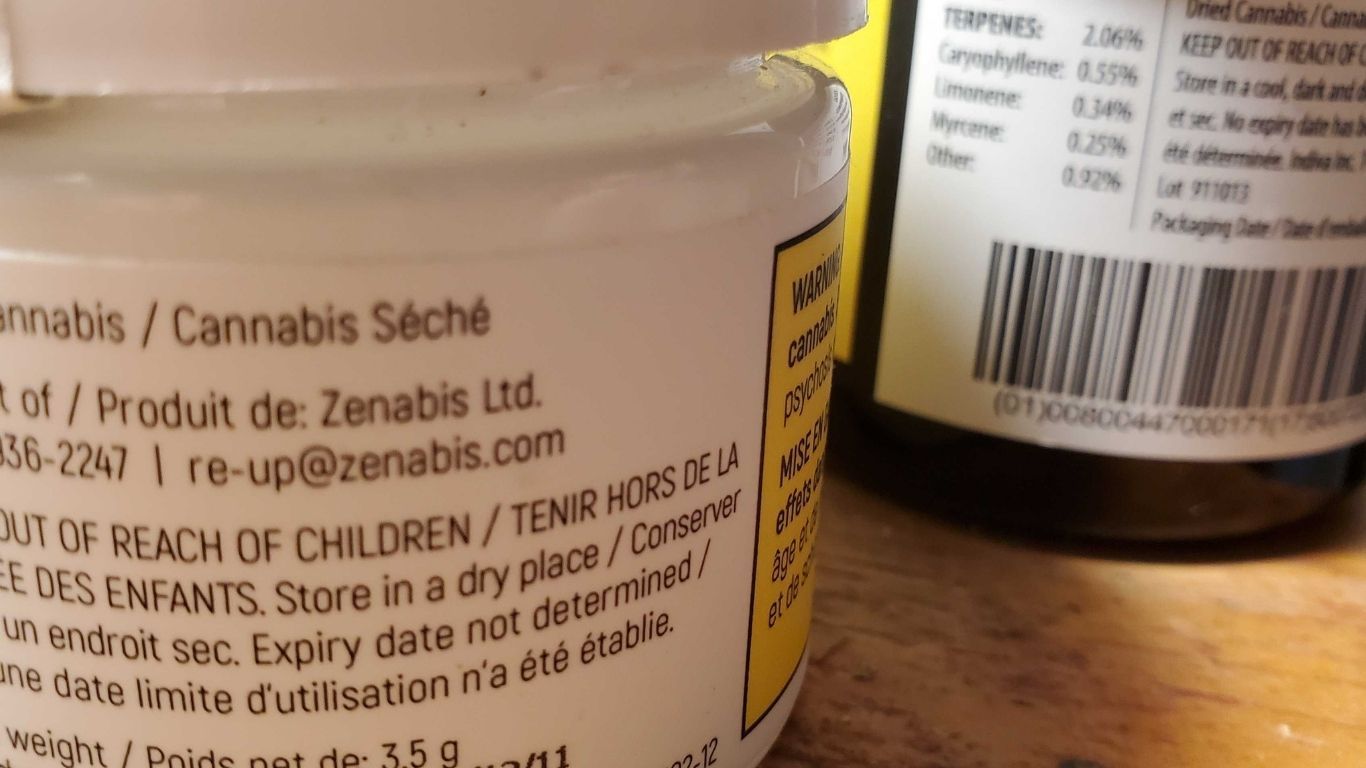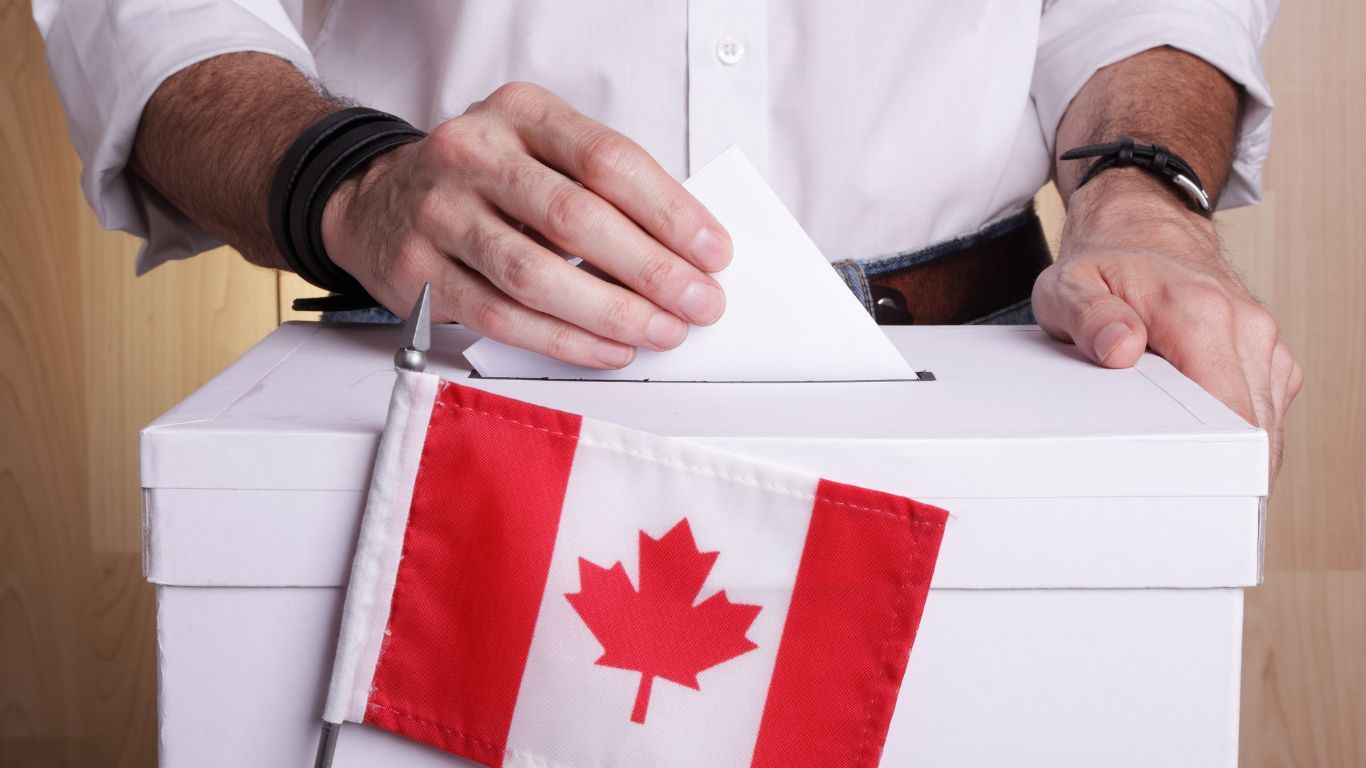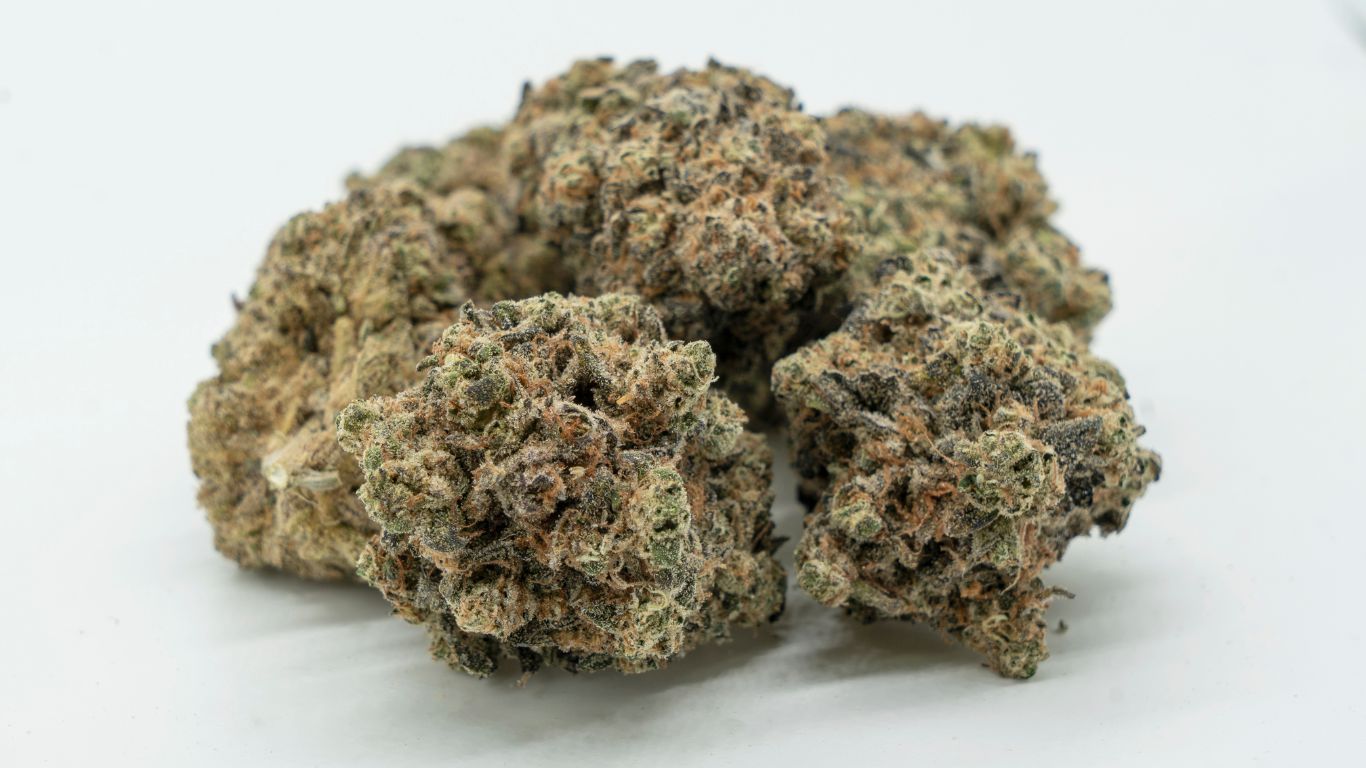
In Canada, there are a variety of products to serve both the recreational and medical market, but determining the shelf life can be a guessing game. In attempting to address the issue, Health Canada regulations employ some odd double-speak wherein expiry dates on some products are required – unless they can’t be.
“All cannabis products, except edible cannabis, cannabis plants and cannabis plant seeds, are required to have an expiry date or a statement that no expiry date has been determined,” says Tammy Jarbeau, Senior Media Relations Advisor, Health Canada and the Public Health Agency of Canada. “Edible cannabis products must display a durable life date (i.e., best before date) on the label when the product has a durable life of 90 days or less.”
When it comes to the medical cannabis system, the idea of getting what’s inside the label, on the package, is crucial. With recreational products it’s still important, but not as critical. Still, as with any product, what you say on the outside should be on the inside.
Joel Taylor, Patient Choice
In most examples of dried flower and oils, the research simply doesn’t exist, and no expiry date is required. A provider simply states, instead, that no date has been determined. Nonetheless, in some circumstances, it would seem that the information would be useful.
“When it comes to the medical cannabis system, the idea of getting what’s inside the label, on the package, is crucial,” says Joel Taylor, the co-founder of Patient Choice, a licensed online medical platform that connects medical cannabis patients, licensed producers, and processors. “With recreational products it’s still important, but not as critical. Still, as with any product, what you say on the outside should be on the inside.”
For the most part, consumers in Canada are well-served by what they read on the labels, particularly at the point of purchase. However, there is a remarkable number of variables that can affect products over time. Dried flower, if not packaged and stored properly, can develop fungus and mould – a legitimate health hazard. Similarly, oils can go rancid; and edibles – like food products – are susceptible to degradation.
“I am conflicted on the issue,” says Dan Sutton, CEO, Tantalus Labs. “On one hand, there are limited known risks to consuming cannabis with an old packaging date, and there are consumers who shop in the marked down or budget market who appreciate the opportunity to buy older but otherwise satisfactory cannabis at a reduced price. That said, I think the package date and perception of freshness should never be a surprise.”
Sutton notes that packaging strategy can make a huge difference to the shelf life of cannabis. Tantalus Labs, for example, has stored sealed packs for over six months without material reduction in moisture content or potency. As well, most licensed distributors across the country have built-in de facto expiration backstops, wherein they will return cannabis to vendors when the product approaches one year after the packaging date.
High volume, low quality
Agricultural products don’t have a shelf life, and consumers are okay with that. As we walk the produce aisle in our local supermarket, we can determine the quality of the fruits and vegetables. Once a product goes bad, it has zero value and is removed from the store.
That’s harder with cannabis flower, because, unlike when buying an apple or a zucchini, the law prohibits us from touching, feeling, or even seeing the product. Instead, the consumer relies on brand recognition and reputation, and perhaps the guidance of friends or budtenders.
For its part, Health Canada wants some recognition for having the consumers back when regulating the supply chain.
“Cannabis products, whether sold for medical or non-medical purposes, are produced in facilities licensed by Health Canada and are subject to the same stringent regulatory requirements regarding how they are produced, tested, packaged and labelled,” says Jarbeau. “Furthermore, the label of a cannabis product must display the date on which the cannabis product was packaged and it must include recommended storage conditions.”
These include to store dried flower and oil in a cool dry place, and to avoid light, so that the THC doesn’t degrade into cannabinol (CBN). What the label might not say is that neither refrigeration nor freezing is desirable; instead, a dark location like a cabinet, with a temperature below 25 degrees Celsius, will suffice.
However, even under these optimal conditions, after a year the product will degrade – and lose value. This is a real issue for many of the large licensed providers that have over-produced, and are now stuck with inventory.
“It’s difficult to imagine that large pent-up inventories at big box LPs are destined for anything except write-downs,” says Sutton from Tantalus. “This biomass could be extracted into low-grade distillate, but due to its age and dryness that oil would likely be relegated to a small subset of concentrate products or inputs. The edibles and distillate market are just simply nowhere near large enough to mop up all of that low-grade feedstock.”
A regulatory change?
For its part, Health Canada routinely reviews the regulations pertaining to cannabis. In December 2020, the federal government department launched a consultation where interested stakeholders could provide their input on a variety of regulatory issues, including product labelling requirements.
“Health Canada will consider the results from the consultation, as well as other feedback regularly provided by stakeholders, to help inform and prioritize future regulatory initiatives,” says Jarbeau. “Health Canada’s Forward Regulatory Plan provides information on regulatory initiatives that Health Canada aims to propose or finalize in the next two years.
Will it do the trick? Maybe.
The medical cannabis industry is in a difficult position. If the regulated product supply chain is the same, many individuals may be inclined to avoid the bureaucracy surrounding the medical market, and instead self-medicate with recreational products.
Medical cannabis still has significant advantages to patients – from expert advice and education, to tax receipts – but it could also be helped by a regulatory regime that treats cannabis as medicine, and not simply an agricultural product.
After all, even over-the-counter medications have expiry dates.
“The science does dictate that these products decay over time,” says Taylor from Patient Choice. “And we want to make sure, regardless of the product, that it’s as fresh as possible.”











